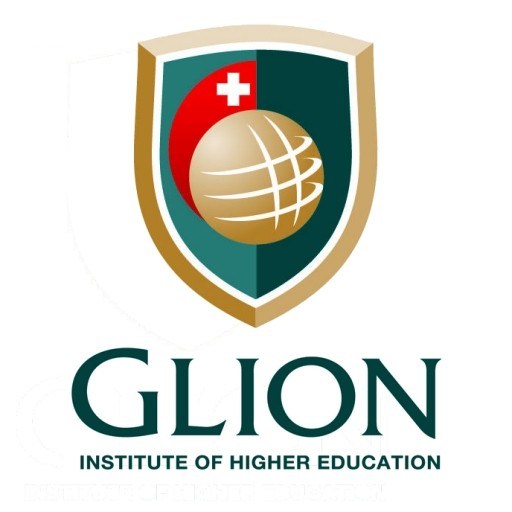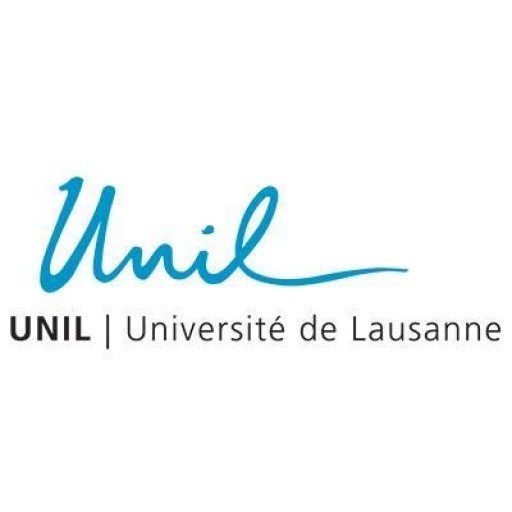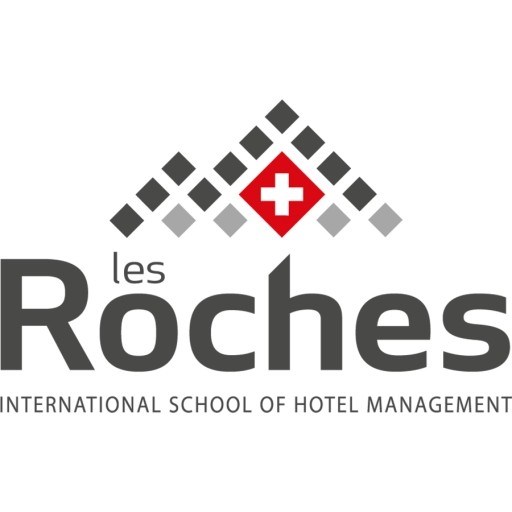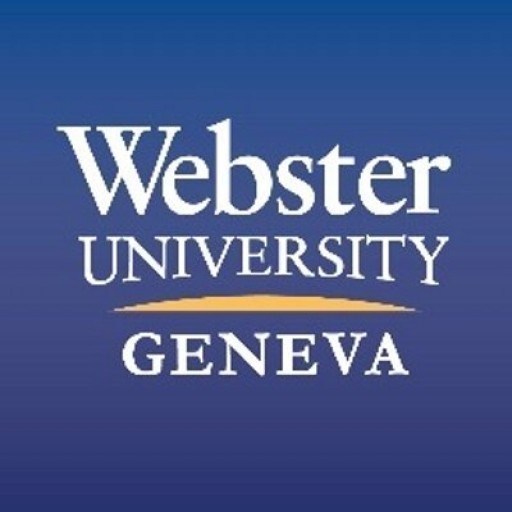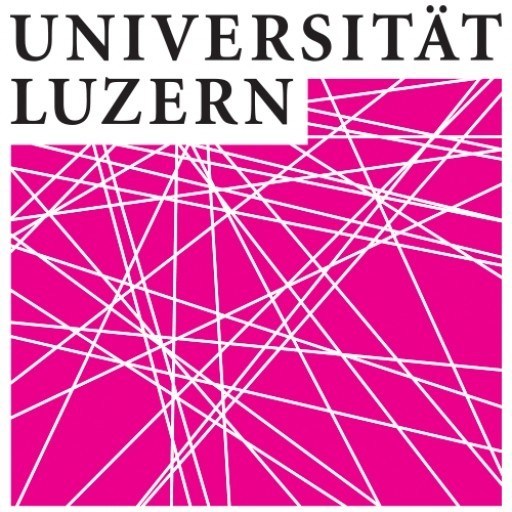Photos of university / #unigeneve
The Art History programme at the University of Geneva offers an in-depth exploration of the visual arts from antiquity to contemporary times, fostering a comprehensive understanding of artistic movements, cultural contexts, and critical methodologies. Designed for students with a passion for history, culture, and visual expression, the programme provides a rigorous academic curriculum that combines theoretical frameworks with practical analysis. Throughout the course of study, students engage with a diverse range of art forms, including painting, sculpture, architecture, printmaking, and new media, gaining insights into their historical development and significance across different regions and periods.
The curriculum emphasizes both historical knowledge and critical thinking, encouraging students to analyze artifacts within their social, political, and ideological contexts. In addition to core modules on Western and non-Western art traditions, students benefit from specialized courses in museology, conservation, and curatorial practices, preparing them for careers in museums, galleries, cultural institutions, research, and academia. The programme also includes practical components such as site visits, workshops, and internships that provide real-world experience and professional connections.
Undergraduate students have access to the university’s extensive collections and research facilities, allowing hands-on engagement with art objects and scholarly resources. The faculty comprises experienced academics and practitioners who guide students through seminars, individual research projects, and thesis work, fostering an environment of critical inquiry and scholarly development. Internationally oriented and interdisciplinary in approach, the Art History programme at Geneva encourages students to develop a global perspective on art and its role in shaping societies. Studying in Geneva, a city known for its rich cultural scene and diplomatic history, enriches students’ understanding of art within a broader societal and political framework.
Graduates of the programme will possess advanced analytical skills, a broad cultural awareness, and the ability to interpret visual material critically. They will be equipped to pursue careers in museums, galleries, research institutions, education, conservation, and academia, or to continue their studies at the postgraduate level. Overall, the Art History programme at the University of Geneva provides a comprehensive and dynamic education that prepares students to contribute thoughtfully and innovatively to the fields of art, culture, and heritage.
The Art History program at the University of Geneva offers a comprehensive exploration of the visual arts from ancient times to contemporary periods, engaging students with a diverse curriculum that emphasizes critical analysis, historical context, and interdisciplinary approaches. The program is designed to equip students with a deep understanding of artistic developments across different cultures and eras, fostering both theoretical knowledge and practical skills in art analysis, research, and curatorial practices. Students will delve into the study of painting, sculpture, architecture, and decorative arts, examining their aesthetic qualities, socio-political influences, and cultural significance. The coursework encourages analytical thinking through the interpretation of artworks and their place within broader historical narratives, supported by seminars, lectures, and hands-on projects. The program also emphasizes the importance of documentation, conservation techniques, and digital methodologies, preparing students for careers in museums, galleries, academic research, and cultural management. With access to the university’s extensive collections and state-of-the-art facilities, students will have unique opportunities for practical experiences such as internships, exhibitions, and collaborative research initiatives. The faculty comprises experienced scholars and practitioners who mentor students, foster innovative research, and promote active engagement with contemporary debates in art history. In addition to core courses, students can select from a variety of electives that cover specialized topics like medieval art, modern and contemporary art, Asian or Islamic art, and photography. Graduates of the program gain critical skills necessary for advanced academic research, cultural criticism, and interdisciplinary understanding, positioning them well for diverse careers in the arts and culture sectors. The program’s curriculum is continually updated to reflect emerging trends and new scholarly perspectives, ensuring that students receive a cutting-edge education in art history. The interdisciplinary environment at the University of Geneva encourages dialogue between art history and other disciplines such as archaeology, philosophy, and anthropology, enriching students’ educational experience. Overall, the Art History program prepares students to become both knowledgeable and innovative contributors to the preservation, interpretation, and promotion of visual culture worldwide.
The Bachelor of Arts in Art History at the University of Geneva requires students to complete a comprehensive curriculum designed to provide a broad understanding of the history of art from ancient to contemporary periods. The program typically involves coursework in core areas such as Western art history, non-Western art traditions, and specific periods like the Renaissance, Baroque, Modern, and Contemporary art. Students are expected to acquire skills in visual analysis, critical reading, and research methodologies. The program emphasizes developing a deep understanding of the cultural and historical contexts of artworks, as well as the ability to interpret and critique visual material.
Students must undertake a combination of lectures, seminars, and practical workshops, which include visits to museums and art galleries, to enhance their learning experience. The curriculum also includes coursework in related disciplines such as archaeology, anthropology, and history to foster interdisciplinary perspectives. In addition to the coursework, students are required to complete a series of assessments including essays, oral presentations, and a final research project or thesis. Language proficiency in relevant academic languages, such as English and possibly French or other languages depending on the courses, is also a requirement to facilitate access to a broad range of sources.
Internships and research assistantship opportunities may be available to students to gain practical experience in museums, galleries, or cultural institutions. The degree program encourages the development of critical and analytical skills necessary for careers in academia, curation, conservation, or cultural management. To graduate, students must accumulate a specified number of credits through coursework, participate actively in seminars, and successfully defend their thesis. Overall, the program aims to produce graduates with a solid foundation in art historical scholarship, equipped with the analytical tools necessary to interpret visual culture within diverse societal contexts.
Related Scholarships*
- Academic Excellence Scholarship
"The Academic Excellence Scholarship can provide up to a 50 % reduction in tuition per semester. These scholarships will be renewed if the student maintains superior academic performance during each semester of their 3-year Bachelor programme. The scholarship will be directly applied to the student’s tuition fees."
- Alumni Study Travel Fund
Scholarships for students who are already attending the University of Reading.
- Amsterdam Merit Scholarships
The University of Amsterdam aims to attract the world’s brightest students to its international classrooms. Outstanding students from outside the European Economic Area can apply for an Amsterdam Merit Scholarship.
The Bachelor's degree in Art History at the University of Geneva offers students a comprehensive introduction to the history of art, architecture, and visual culture from ancient times to the modern era. The program is designed to develop a deep understanding of the historical contexts, stylistic developments, and cultural significance of artworks across different periods and regions. It provides students with essential skills in visual analysis, research methodologies, and critical thinking, preparing them for careers in museums, galleries, cultural management, education, or further academic studies.
Students in this program have the opportunity to explore diverse topics such as medieval art, Renaissance and Baroque periods, modern and contemporary art movements, as well as non-Western artistic traditions. The curriculum combines theoretical courses with practical approaches, including visits to exhibitions, art collections, and heritage sites. The program also emphasizes developing skills in academic writing, presentation, and the use of digital tools for research and analysis.
The faculty comprises experienced scholars with expertise in various areas of art history, offering mentorship and engagement with current debates within the discipline. The program encourages active participation through seminars, workshops, and internships, fostering a dynamic learning environment. Graduates of the Bachelor's in Art History at the University of Geneva are well-equipped to pursue advanced studies in postgraduate programs or to enter the professional world of cultural institutions, gallery curation, art journalism, or conservation. The program also benefits from Geneva’s vibrant cultural scene and its international context, enriching students’ educational experience.
The degree generally spans three years, combining coursework, examinations, and a final thesis. Language of instruction is primarily in English and French, reflecting the linguistic diversity of the region. Overall, the program aims to cultivate knowledgeable, critically-minded professionals capable of analyzing artworks within their broader historical and cultural contexts.

